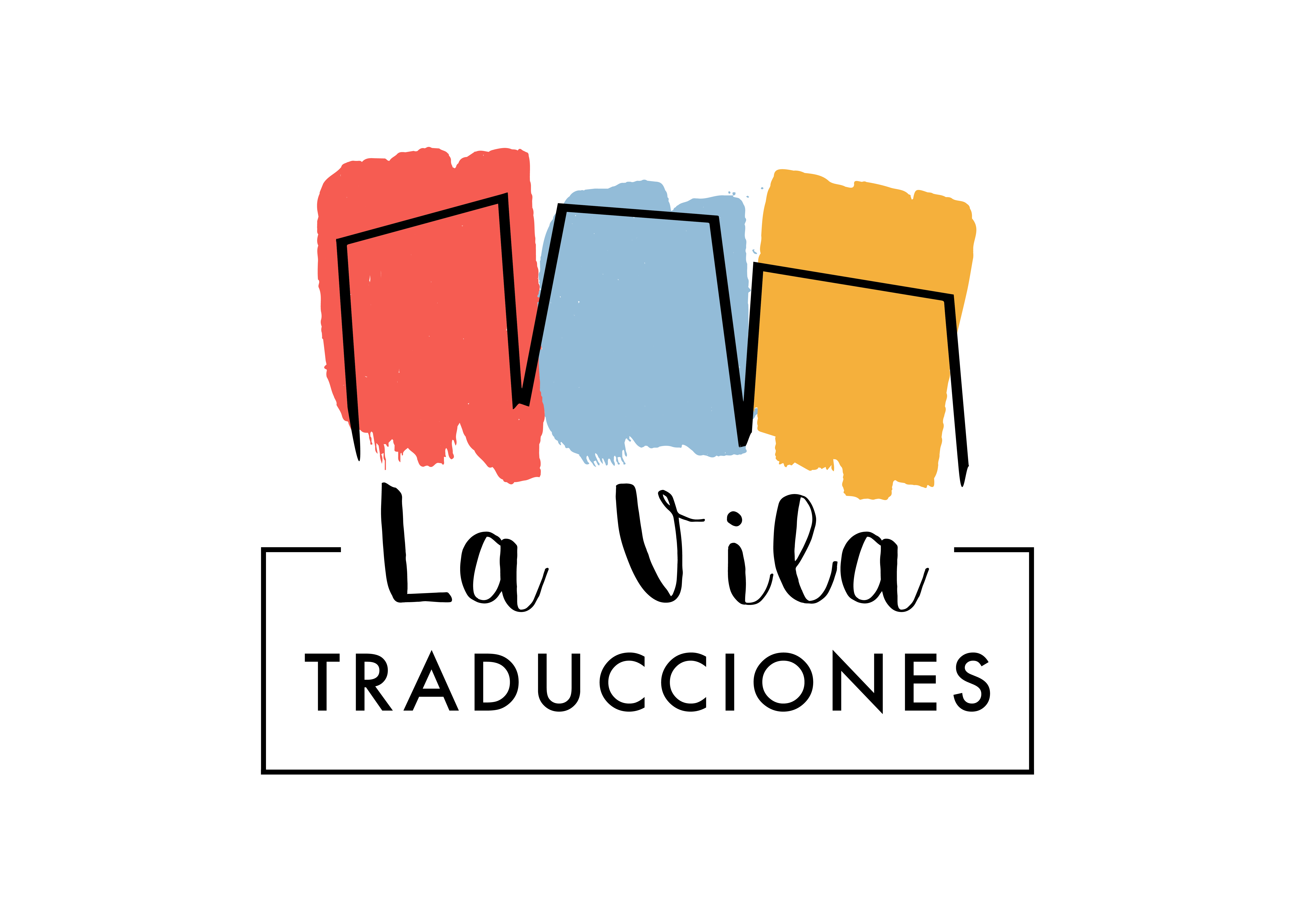If you are in search of comprehensive information about certified translations (traducciones juradas) in Spain, you’ve landed at the ideal destination. La Vila Traducciones is your trusted partner, boasting a dedicated team of certified translators ready to cater to your translation needs while addressing any questions that may linger in your mind. This article will delve into the intricate world of certified translations, shedding light on essential aspects. Should you still have any queries, please don’t hesitate to get in touch with us.
What Constitutes a Certified Translation? A certified translation, also known as a sworn translation or “traducción jurada” in Spanish, is essentially a translation that comes with a certification from the translator affirming its accuracy. However, the process of accrediting a translator varies from one jurisdiction to another. This diversity in recognition criteria underscores the importance of understanding the specific requirements in each location.
Here at La Vila Traducciones, as a Spanish-based company, we adhere to the standards set for certified translations within the Spanish context. In Spain, certified translations must bear the mark of a sworn translator, which includes the translator’s stamp and signature. Sworn translators in Spain are appointed by the Spanish Ministry of Foreign Affairs and are required to pass a stringent exam or hold a university degree in translation to be eligible for this position. Consequently, certified translations in Spain are subject to state regulations.
On the other hand, in English-speaking countries, the bodies responsible for authorizing certified translators are often independent organizations established by professionals within the translation community. Notable examples include the United Kingdom’s Institute of Translation and Interpreting, the Republic of Ireland’s Irish Translator’s and Interpreters’ Association, and the United States of America’s American Translator’s Association. Australia is an exception, as its national authority, the National Accreditation Authority for Translators and Interpreters, is state-owned. Despite this variation, these associations define and enforce the standards they consider acceptable. From a Spanish perspective, the regulation and accreditation process of sworn translators differ substantially.
When Do You Require a Certified Translation? If you find yourself in need of a certified translation, it is likely linked to an official procedure. The purpose of a certified translation is to facilitate the process for the official institution receiving the documents, saving them time and money by providing a clear understanding of the original document. The translation, accompanied by the certification of a sworn translator appointed by the Spanish Ministry of Foreign Affairs, ensures the swift acceptance of the documents. If the translator does not hold this appointment, the translation must undergo review by a Spanish diplomatic mission or consulate or a diplomatic mission or consulate in Spain corresponding to the country of origin.
In other countries, the necessity for a certified translation depends on the specific documents involved in official matters. For example, the UK Home Office stipulates that translations should be provided by a translator registered with an official organization, such as the Institute of Linguists or the Institute of Translation & Interpreting. In Ireland, documents must be translated by a “professional translating service.” Despite not being organized by the state, these certifying bodies play a crucial role in guaranteeing translation accuracy.
How to Verify a Translator’s Certification In Spain, certified translations will bear a stamp with the translator’s full name, the languages they are certified to translate, and their registered translator number. The translator will also sign the translation, which includes statements in Spanish and the target language confirming their appointment, understanding of the text, and the accuracy of the translation. For anyone still harboring doubts about the translator’s official status, an official list of translators is maintained by the Ministry of Foreign Affairs. This list is categorized by language and the translator’s province or country of residence. Each entry provides contact information and the translator’s current status, whether “active” or “inactive.”
The Significance of Certified Translations Obtaining a certified translation is the most efficient and reliable way to ensure that the documents you intend to present will be readily accepted. This expedites the entire process, enabling you to proceed with the necessary proceedings without unnecessary delays or concerns.
At La Vila Traducciones, our team of sworn translators stands ready to translate your documents. With a track record dating back to 2009 and proficiency in a multitude of languages, you can trust in our certified translators’ expertise and our commitment to providing top-quality translations.
